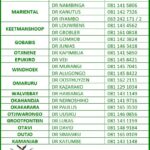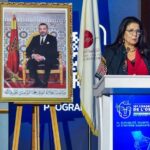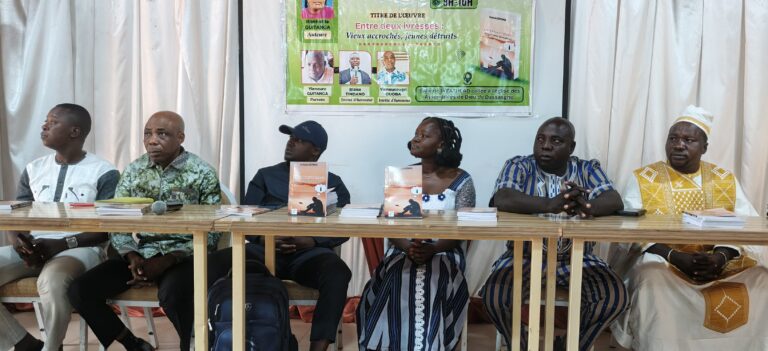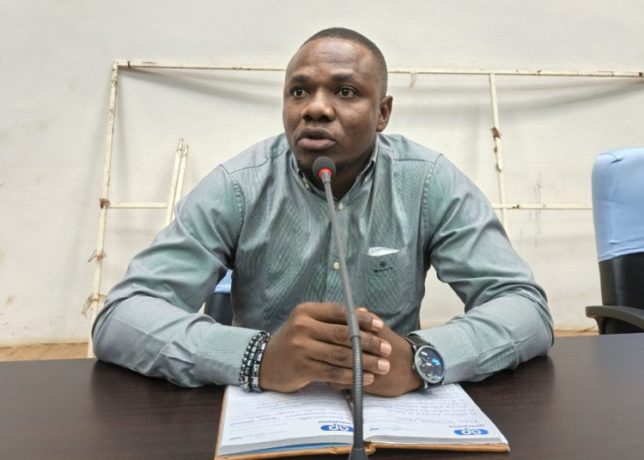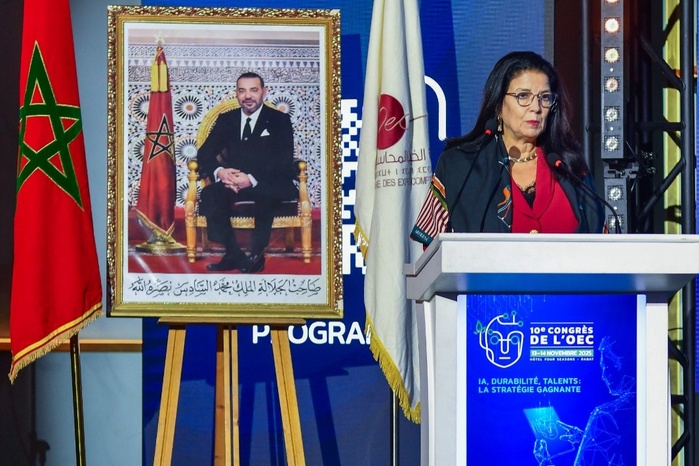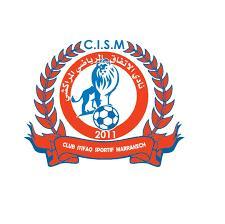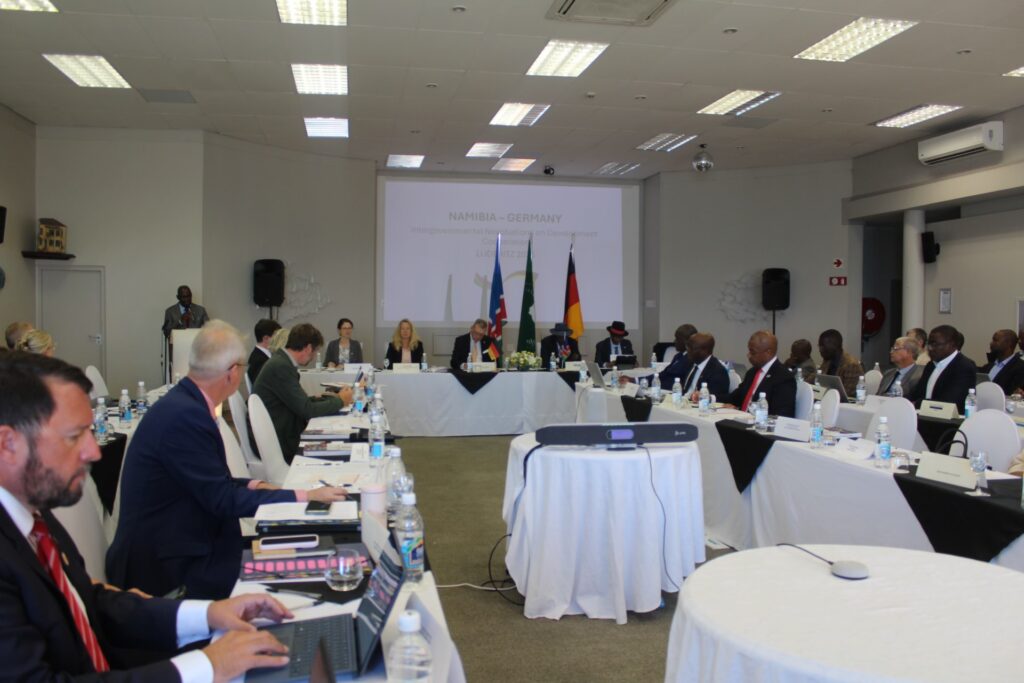
Staff Reporter
GERMANY has renewed its commitment to supporting Namibia’s green energy transition and strengthening technical and vocational education and training (TVET), following successful inter-governmental negotiations held in Lüderitz.
The Federal Ministry for Economic Cooperation and Development (BMZ) announced a funding commitment of approximately N$876 million (€43.8 million) toward projects in sustainable urban development, vocational training, renewable and sustainable energy, and natural resource management. The support aims to advance Namibia’s national goals outlined in the 6th National Development Plan (NDP6).
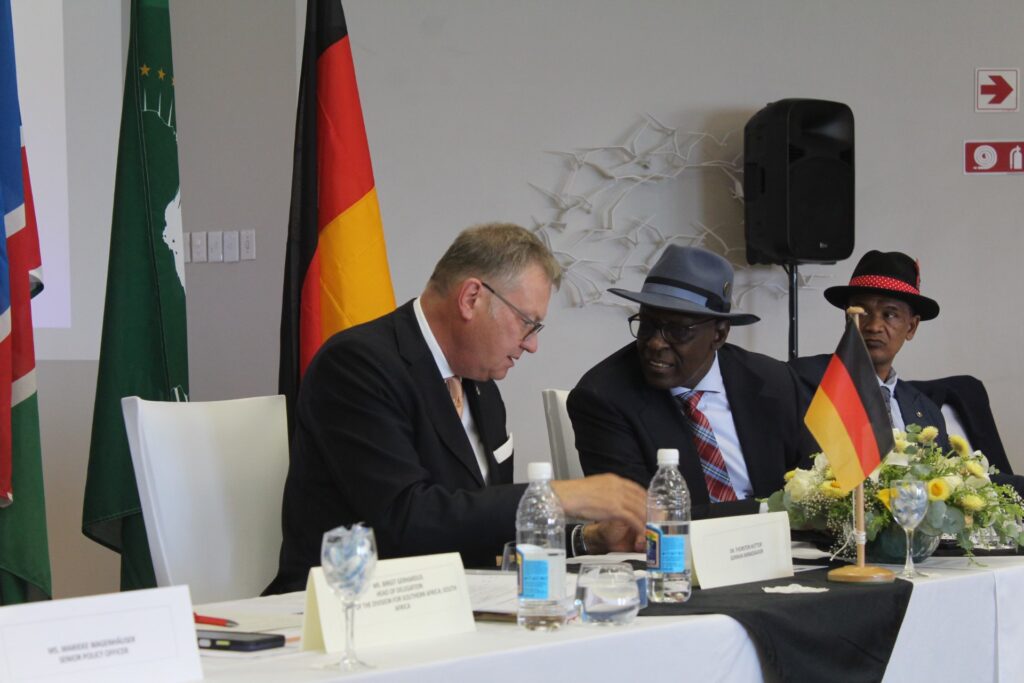
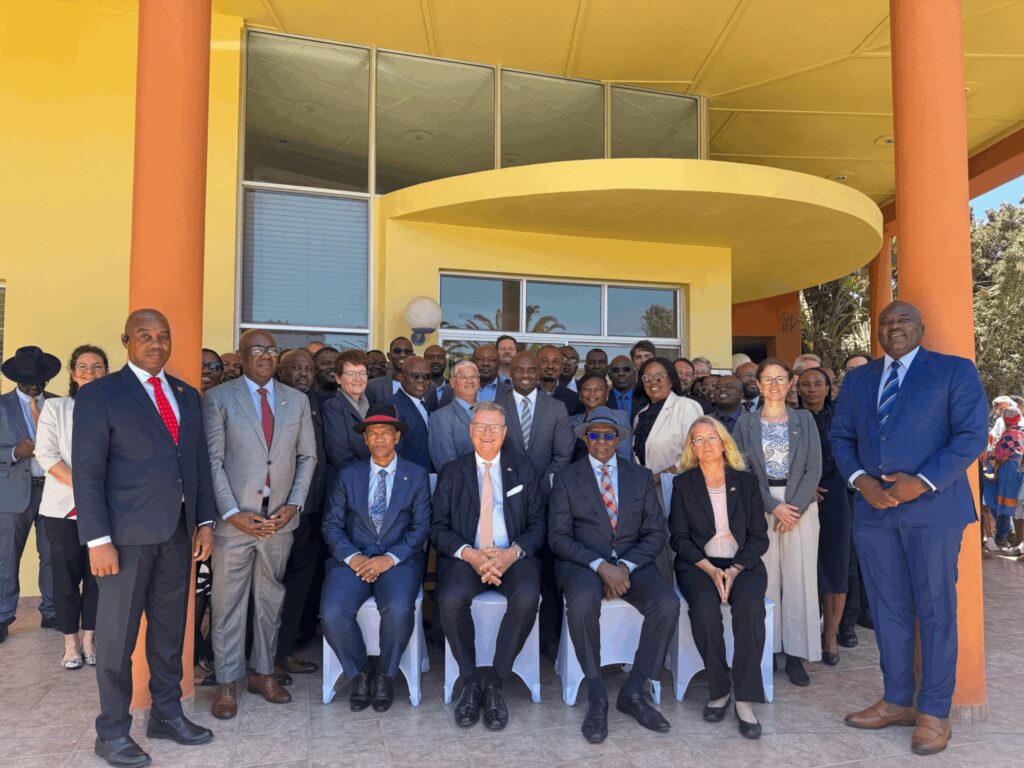
Photos: National Planning Commission of Namibia
Namibia aims to ensure affordable, reliable and clean energy for all citizens. Under NDP6, the country plans to increase electricity access from the current 59% to 70% by 2030, with universal access targeted for 2040. Germany’s assistance will focus on expanding energy access in peri-urban and rural areas, strengthening planning and strategy capacity, supporting decentralised energy infrastructure, and helping develop sustainable value chains for critical raw materials essential to the green transition.
Germany will also continue its long-standing support for the TVET sector, with a focus on improving quality, enhancing labour market relevance, and increasing opportunities for youth and marginalised groups—particularly in sectors vital to green economic growth. This aligns with Namibia’s 2021 TVET Policy and builds on progress already made in governance reforms, work-integrated learning, and trainer development.
Additionally, Germany will extend its backing for sustainable natural resource management across both state-managed national parks and community conservancies, as well as continued support for sustainable urban development in informal settlements.
This year marks 35 years of Namibian-German development cooperation. Since Namibia’s independence, Germany has provided more than N$32 billion (€1.6 billion) in financial and technical support. The current cooperation portfolio includes around 60 projects implemented through KfW Development Bank, GIZ and the Federal Institute for Geosciences and Natural Resources (BGR). Funding consists of a blend of grants and concessional loans.



